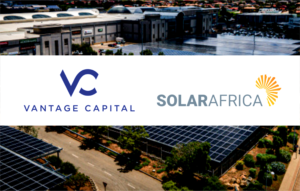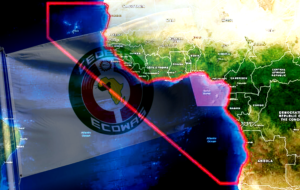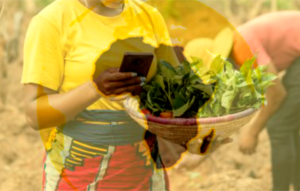$9.48m Climate Action Window Grants for the Sahel Region Wetlands, to Boost Communities: AFDB Fund
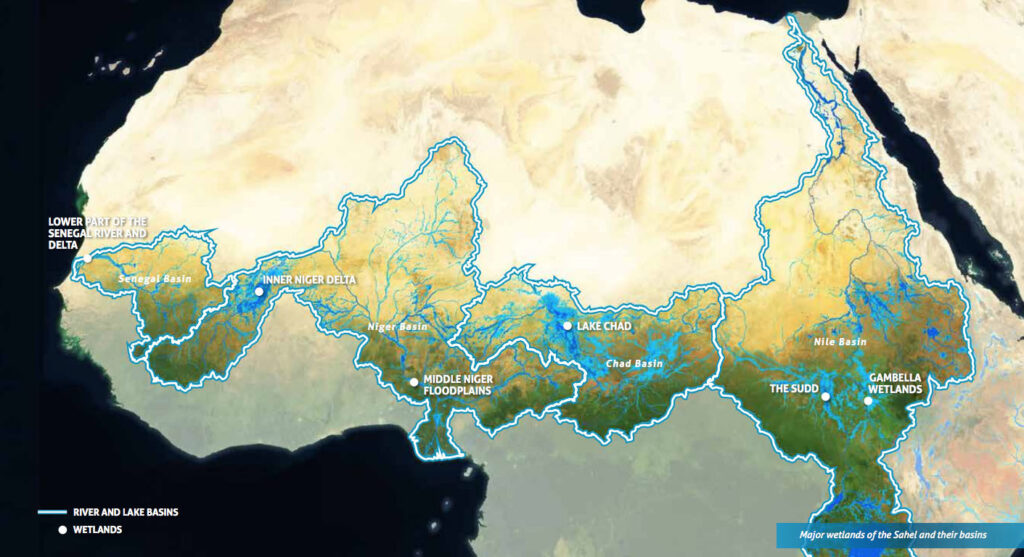
The African Development Fund has approved a $9.48 million grant to help communities across the Sahel region restore and protect their fast-degrading wetlands. A vital ecosystems that millions rely on for farming, fishing and livestock. The funding, drawn from the Fund’s Climate Action Window, marks a renewed push to strengthen climate resilience in one of the world’s most fragile regions.
Across Burkina Faso, Mali, Niger and Senegal, the wetlands of major river catchments have been shrinking under pressure from unsustainable land use, poorly regulated resource extraction and recurrent droughts. Climate change has intensified these pressures, leaving rural families with fewer livelihoods to fuel competition over water and arable land. A subject rooted in human needs and local knowledge that often carries political implications in a region already grappling with insecurity.

The new initiative, formally titled the Community and Ecosystem Resilience and Adaptation in the Wetlands of the Sahel Catchment Basins Project, aims to work closely with local communities to reverse these trends. By grounding interventions in the realities of everyday users of the land, from farmers to fishers and pastoralists, the programme hopes to rebuild both the environment and community stability.
Its first phase will assess how vulnerable eight key wetland areas are to climate hazards. These studies will rely on local participation, with community members helping identify priority areas where green-economy activities can take root. Special emphasis will be placed on supporting women and youth groups, who often bear the brunt of environmental decline yet remain central to economic recovery. Strengthening governance, reducing conflicts.
A core part of the project aims to improve how water and natural resources are shared and managed. In the Sahel, where rivers cross borders and communities depend on seasonal flows, resource disputes can escalate into political tension. The second component focuses on building local governance systems strong enough to manage water fairly, expand agroforestry and fisheries production, reducing the risk of climate-linked conflicts. Birthing a better climate intelligence for a region under strain.
The third component will strengthen the Climate Commission for the Sahel Region (CCRS), equipping national and regional actors with better climate data, early-warning systems and forecasting tools. Improved climate services are expected to help governments and communities anticipate floods, droughts and other extreme events, in order to decrease humanitarian crises that often stretch national budgets and destabilize local politics. Championing a coordinated action across borders.
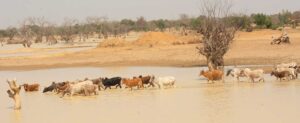
Given the cross-border nature of Sahel catchment basins, the fourth component establishes a regional Project Management Unit attached to the CCRS. Its role is to harmonize planning, financial management and reporting across the four participating countries. Regular regional and national steering meetings will ensure political alignment, transparency and consistent implementation. These are critical factors in a region where governance structures can vary widely. The specific areas of implementation are as follow:
- Burkina Faso: Oubri and Kuilsé regions, covering parts of the Volta and Niger basins
- Mali: Bougouni (Yanfolila) region, including six protected areas
- Niger: Two Ramsar-listed wetlands – Dallol Bosso and Mare de Tabalak
- Senegal: Saint-Louis and Dagana departments within the Senegal River Biosphere Reserve
A broader vision for stability and climate security: while the project is environmental in focus, its implications reach far beyond conservation. Restoring wetlands can improve food security, reduce forced migration, ease social tensions over shrinking resources and reinforce local governance, contributing to greater regional stability.
By pairing scientific assessment with community empowerment, the African Development Fund hopes the initiative will become a model for climate-resilient development in the Sahel, where environmental decline and human vulnerability are deeply intertwined.




